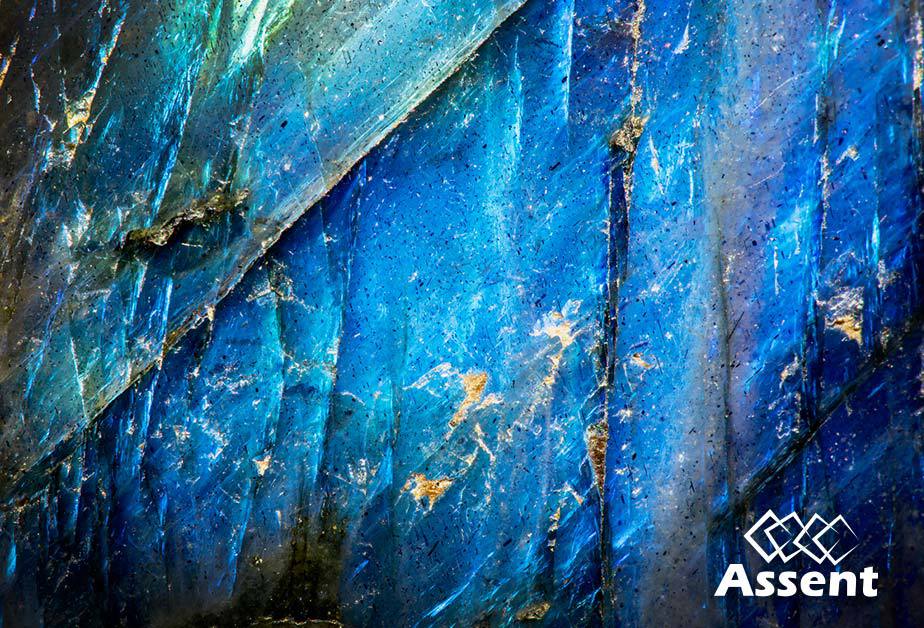On May 28, 2020, the Financial Times reported that Huayou Cobalt Co., Ltd has stopped purchasing cobalt from independent miners in the Democratic Republic of the Congo (DRC). This comes a year after the company was named in a lawsuit alongside Apple, Dell, Microsoft and Google for purchasing from sources known to use child labor.
Huayou Cobalt is the largest cobalt producer in China and one of the biggest suppliers in the world, aside from industry giant Glencore. While the move effectively cuts a swath of child labor from the company’s supply chain, it also removes valid artisanal and small-scale mining (ASM) sources, which in many cases is the mainstay for village economies. As head of a consortium of Chinese companies, Huayou Cobalt’s decision will likely trigger similar actions from peer companies. In any case, the global supply of quality cobalt takes a hit.
The DRC is one of the most impoverished regions in the world. Although artisanal extraction methods can expose workers to considerable health risks, these miners rely on small-scale mining sites to live and feed their families. Non-governmental organizations (NGOs) are warning industry and the London Metals Exchange (LME) that due diligence should not enable companies to discriminate against local miners.
Data plays a significant role in identifying valid artisanal sources, so independent miners can get fair value for their ore, mining operations are legitimized and on-site health risks are mitigated.
Find out how Assent can help examine the origin of the cobalt in your supply chain with our Responsible Minerals — Cobalt + Mica Solution.
Over the next month, Assent is engaging with subject matter experts on ASM in the DRC to learn what impact this news has for businesses, what’s happening on the ground in this sourcing landscape, and how companies can use this insight in their responsible minerals programs. Experts include:
- Hugh Brown, a world-renowned photographer of mining regions, who will share his work building transparency into the conflict minerals and ASM landscape.
- David Sturmes, a Value Chain Expert in Artisanal Mining, who talks about what this means for supply chains, industry and technology.
- Assent’s Jared Connors, who will provide a post-mortem guidance on how companies should respond.
These subject matter experts will share their insight into the DRC’s ASM industry through a series of blogs and webinars:
- June 5: David Sturmes (Impact Facility) Guest Blog
- June 15: Hugh Brown (Independent) Guest Blog
- June 18: Artisanal Mining & Your Responsible Minerals Program (webinar)
- July 7: Creating Positive Impacts on Artisanal & Small-Scale Congo Cobalt Mines (webinar)
- July 17: Jared Connors, Guidance on Artisanal & Small-Scale Mining in the DRC (report)
How Supply Chain Data Technology Helps
Assent’s platform leverages the Responsible Minerals Initiative (RMI)’s surveying standards, including the Conflict Minerals Reporting Template (CMRT). This helps companies evaluate conflict minerals risk in their supply chain by acquiring origin data and facilitating the identification of smelters and refineries.
Don’t miss this opportunity to get immediate answers about this high-impact cobalt decision. For more information, register for the events above, or contact our experts today.










